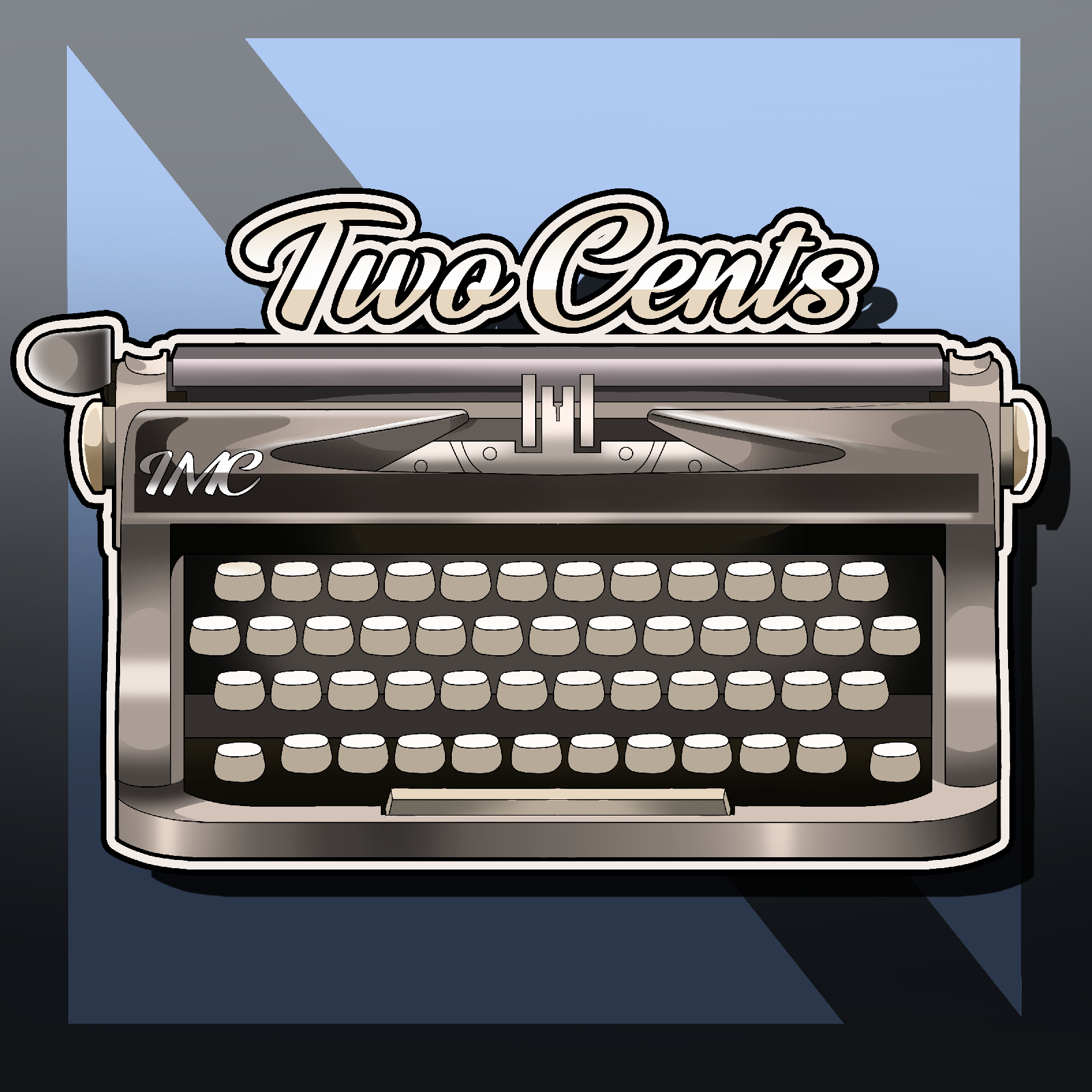What is Good Criticism?

Here's a quick, but nonetheless embarrassing story for you.
When I was a freshmen in college, I took my first creative writing class in fiction. I had never really shown my work to anyone before for comment, let alone had any experience workshopping. The first story I handed in was a short story titled "The Eccentric Mr. Wilkes." When my workshop day arrived, I had no idea what I was in for; sure enough, the critique started, and...by the end of it, I felt as though I'd been emotionally mauled by a pack of hyenas, and I left the classroom with tears in my eyes.
I was so torn up about the whole thing that I didn't write another short story for a month. But I wanted to be a writer so much that, eventually, I did write another one. And another after that, and I've written many since because I recognized something fundamental. The longer you stick with this creative writing thing, the more you come to realize that a key step in the writing process (for most writers), is getting feedback on your work.
A writer who can produce a clean first draft--meaning free of obvious copy errors and not in need of major story revisions--is as rare as an albino animal in the wild. It can happen, and has, but most writers are not that way. Most writers need one or more objective sets of eyes to tell them what needs fixing.
Let me make one thing clear. The point of criticism is not to destroy someone's work; the point of criticism is to improve the work.
When we hear the work criticism or criticize, almost everyone has flashbacks to their childhood, to that time when your parents sat you down and chewed your ass out for something you may (or may not) have done. Or maybe, you flash to that other time, when they personally installed that one emotional button that they just loved to push every get-together, until you can't take it anymore, so you do the adult thing and leave the room (or risk someone leaving in a cop car and the other in an ambulance). Like it or not, criticize is a word with a lot of negative connotations attached to it.
When you critique a story however, the point is not to shred it like old tax documents. The point is to help someone make the thing they produced more like the thing they had in their head.
An artist can never see their own work with objective eyes. They have, what I call, creator's bias. They know what it's supposed to be because they're privy (a word I wish I could use more), to their own thoughts; they know why things are the way they are. However, sometimes in the process of translating a thought into something on the page, things get lost. Not on purpose--the creator, because they suffer from creator's bias, simply assumes the audience will be able to tell what they meant.
That's why an objective set of eyes (or several sets) can come in handy. Critique Partners can help each other bridge the gap between the ideal and the reality.
That is how one slowly learns the difference between good criticism and bad criticism. Good criticism, in essence, is any remark, comment, or suggestion made by a critique partner that can help to bring your story closer to what you originally envisioned. Bad criticism, therefore, is everything: comments that come from personal taste or biased, remarks about how they would change the story if it was theirs, or even just outright attacks on the premise of the story that provide nothing constructive.
Unfortunately, the only way to learn to spot the difference is by doing it. Critiquing, workshopping, whatever you want to call it, is a true trial by fire. At first, every little seemingly negative comment will feel like a personal attack (that's only because of inexperience). As you do it more though, a newbie workshopper will undergo a form of what professional therapists call, "Exposure Therapy." Essentially the more you do it, the less of a knee-jerk, emotional reaction you'll have until you're numb to negative comment.
As you near that point, you'll also begin to tell what feedback to listen to and what to ignore. With this experience will also come a growing confidence in your own writing ability, in your own faith in the sorts of stories you want to tell. So, you'll know what you want a story to be going into a workshop. Keep that in mind as the feedback comes through; it will help you determine what you should take in and what you should ignore.


Comments